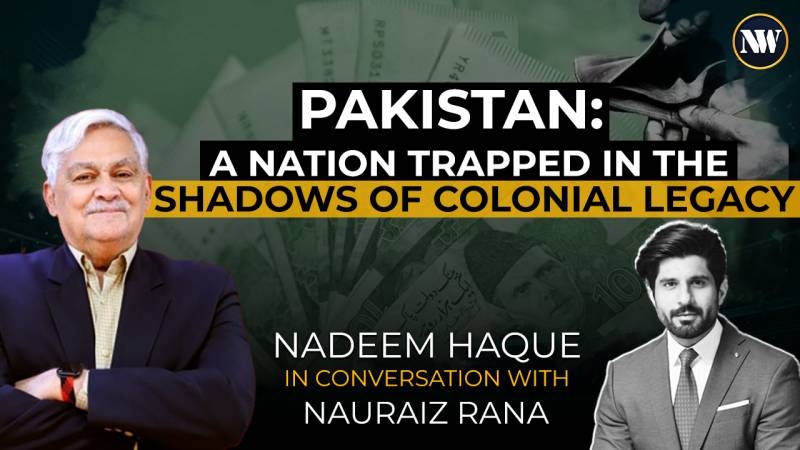Nauraiz Rana, an economist at the World Bank, is accompanied by Dr. Nadeem ul Haque, a Senior Economist and former Deputy Chairman at the Planning Commission of Pakistan, and Trade Policy Advisor to the Minister of Commerce, with a background of 22 years at the IMF.
The year 2023 proved to be exceptionally challenging for Pakistan's economy, marking one of the most difficult periods in recent memory. The nation persists in grappling with these chronic challenges, engaging in a continuous dialogue with both multilateral institutions and bilateral allies.
Within the government, a notable absence of technical expertise is evident. The lack of economists, power engineers, railway experts, and cost-benefit analysts is indicative of a broken system. The entire government structure remains outdated, with no efforts made to modernize laws. The civil service, inherited and unchanged, lacks technical proficiency and consists of individuals ill-equipped to navigate the complexities of the modern world.
The judicial system mirrors this antiquated structure, relying on arbitrary laws that are far from modern standards. Originally designed for extraction and appropriation during the colonial era, this system persists, with the local judiciary, bureaucracy, and the army now exercising extractive powers, aiming to retain financial gains for themselves. Consequently, local initiative is stifled, and there is a prevailing distrust in market mechanisms, as they are perceived to crush local entrepreneurial endeavors.


